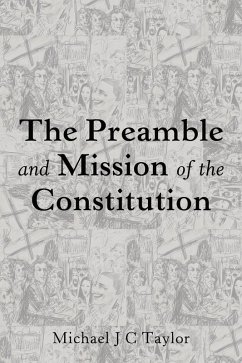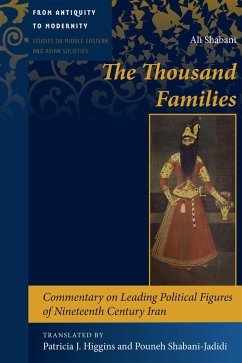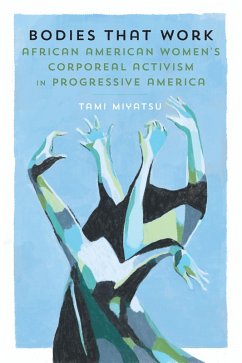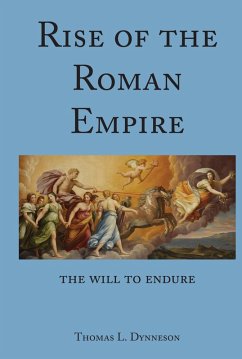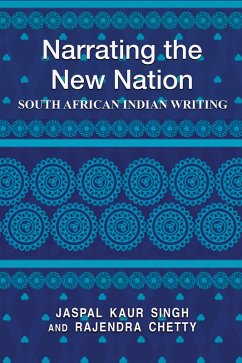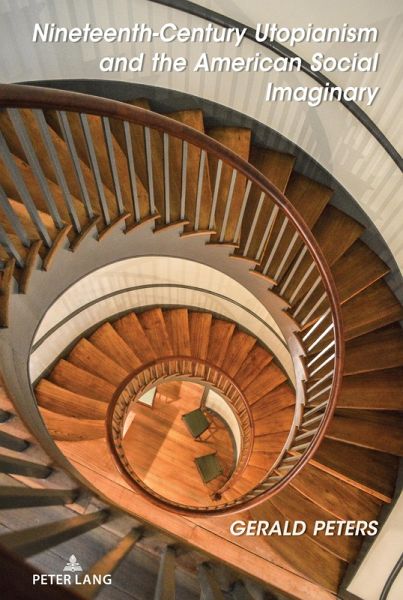
Nineteenth-Century Utopianism and the American Social Imaginary (eBook, PDF)
Versandkostenfrei!
Sofort per Download lieferbar
Statt: 94,30 €**
77,95 €
inkl. MwSt.
**Preis der gedruckten Ausgabe (Gebundenes Buch)
Alle Infos zum eBook verschenkenWeitere Ausgaben:

PAYBACK Punkte
39 °P sammeln!
Religious sectarianism played a significant role in the early settlement and social development of the United States. Although historians have minimized what these societies contributed to the creation of a uniquely American "social imaginary," this era of social experimentalism drew the attention of highly influential European writers including Goethe, Tolstoy, Marx, and Weber. More recent social thinkers like Benedict Anderson, Charles Taylor, and Robert Wuthnow emphasize the importance of discourses (familial, dynastic, religious) in the creation of community. They contend that literary ana...
Religious sectarianism played a significant role in the early settlement and social development of the United States. Although historians have minimized what these societies contributed to the creation of a uniquely American "social imaginary," this era of social experimentalism drew the attention of highly influential European writers including Goethe, Tolstoy, Marx, and Weber. More recent social thinkers like Benedict Anderson, Charles Taylor, and Robert Wuthnow emphasize the importance of discourses (familial, dynastic, religious) in the creation of community. They contend that literary analysis, in particular, is critical for understanding how "social imaginaries" develop, sustain, and transform themselves. Drawing on thinkers like Marx, Weber, Dawkins, and Goethe, Nineteenth-Century Utopianism and the American Social Imaginary explores the "evolution" of the American social imaginary within these discursive traditions. Goethe, in particular, becomes a major contributor to this discussion, not simply because of his profound international influence during the period, but because he was a contemporary witness to these events. His final novel Wilhelm Meister's Journeyman Years (1829) depicts an emigrant society about to start an intentional community in the New World as an illustration of "cultural metamorphosis" that becomes central to understanding social development during the period. Utilizing a theoretical framework that draws on Lacan, the Frankfurt School, and post-structuralist thinkers like Fredric Jameson, Slavoj Zizek, Ernesto Laclau, and Chantal Mouffe, the author shows how communities develop within specific discursive structures and how American adaptations of these structures have the potential to create more radical and equitable democracies.
Dieser Download kann aus rechtlichen Gründen nur mit Rechnungsadresse in A, D ausgeliefert werden.





